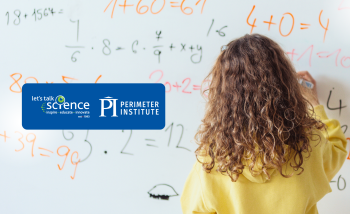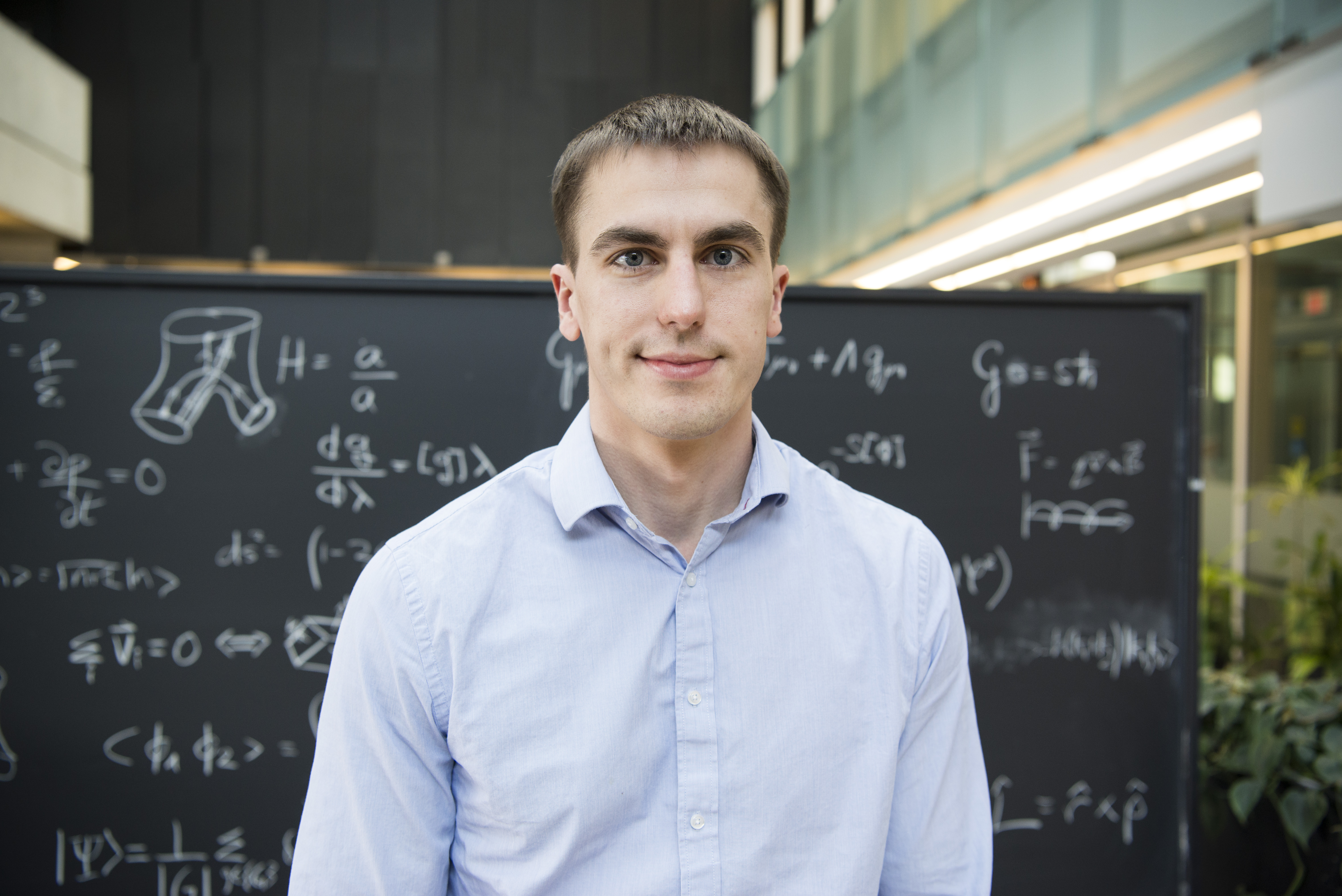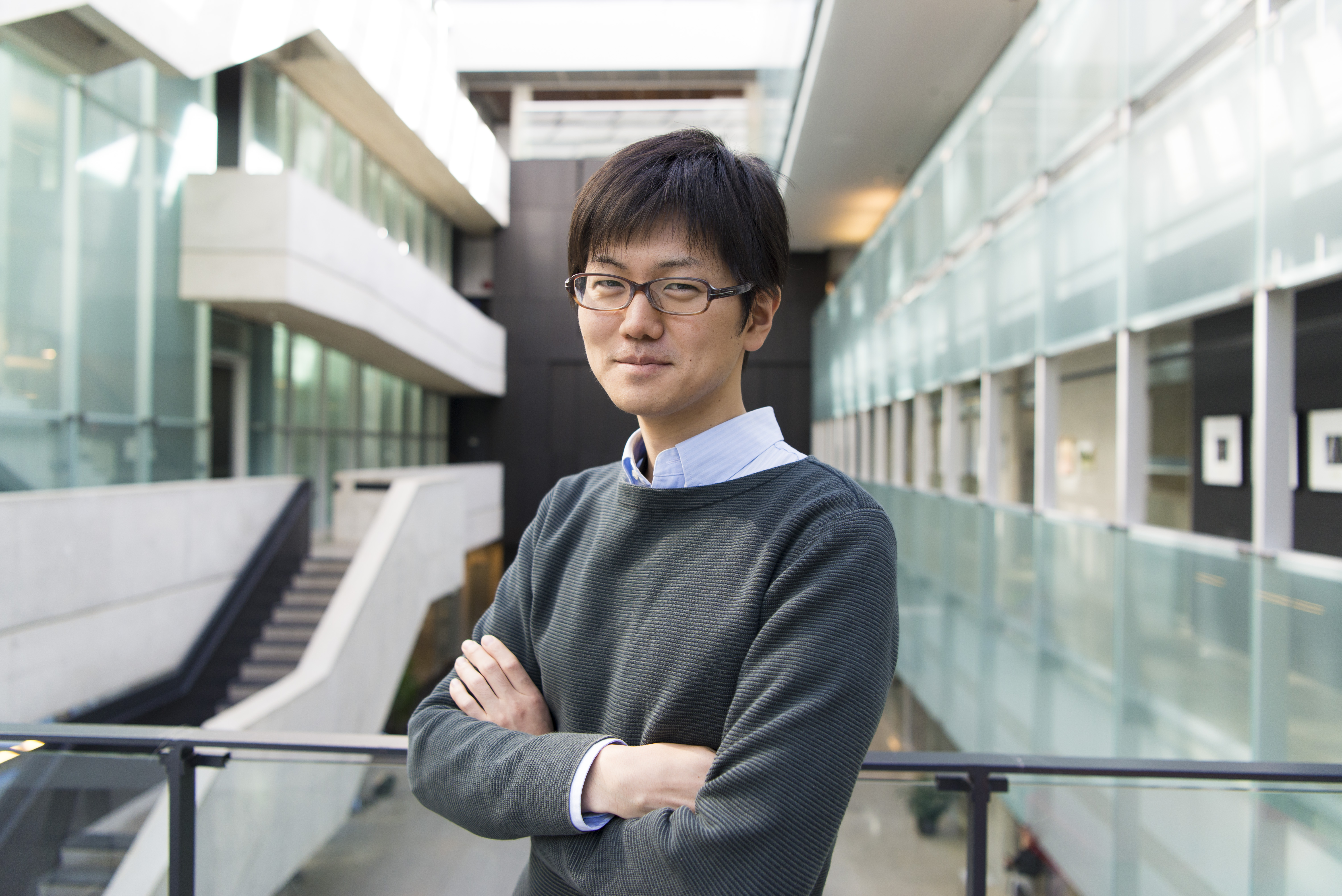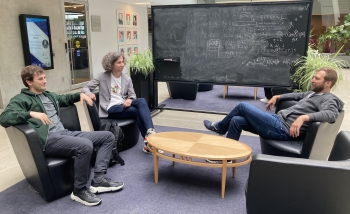Deux professeurs de l’Institut Périmètre, William East et Beni Yoshida, ont reçu des bourses de nouveau chercheurs (BNC) « Early Researcher Awards (ERA) » du ministère des Collèges et Universités de l’Ontario. Ces deux scientifiques en début de carrière recevront 140 000 $ sur cinq ans pour soutenir leurs programmes de recherche.
« Le financement public de la recherche fondamentale est absolument essentiel pour stimuler l’innovation en Ontario », déclare Robert Myers, directeur de l’Institut Périmètre. « Nous sommes reconnaissants au ministère des Collèges et Universités pour son soutien visionnaire qu’il apporte à de jeunes scientifiques exceptionnels par l’intermédiaire du programme de bourses de nouveaux chercheurs. »
L’objectif du programme de bourses de nouveaux chercheurs est « d’attirer et de retenir les meilleurs et les plus brillants talents » en permettant à des chercheurs comme William East et Beni Yoshida de former des étudiants, de constituer une équipe et de lancer leurs recherches.
William East est un expert en astronomie des ondes gravitationnelles. Il s’agit d’une méthode relativement nouvelle pour sonder l’univers en mesurant les ondulations de l’espace-temps causées par les collisions de trous noirs. La combinaison des données sur les ondes gravitationnelles avec l’astronomie optique et radio offre le potentiel de révéler de nouvelles perspectives en physique fondamentale. Mais pour y parvenir, il faut développer des modèles théoriques robustes, et M. East et son équipe s’attaquent à ce défi.
Beni Yoshida, quant à lui, applique son expertise en informatique quantique à un énigme de la physique de longue date : comment rendre la théorie de la gravité d’Einstein compatible avec la mécanique quantique. Des progrès ont été réalisés dans les modèles idéalisés (comme la correspondance anti-de Sitter/théorie conforme des champs, plus connue sous le nom de « anti-de Sitter/conformal field theory (AdS/CFT) correspondence) », mais M. Yoshida espère étendre ses recherches à des modèles plus complexes qui se rapprochent de l’univers réel. Son approche, qui utilise des techniques de correction d’erreurs quantiques, promet également de faire progresser les technologies pratiques comme l’informatique quantique et la cryptographie quantique.
« East et Yoshida repoussent tous deux les limites de ce qui est connu et de ce qui est possible », déclare M. Myers. « Ces deux chercheurs de renommée mondiale sont un véritable atout pour leurs étudiants et pour l’ensemble de la communauté de l’Institut Périmètre, et je suis très heureux qu’ils soient reconnus et que leurs recherches soient soutenues par la province. »
À propos de l’IP
L'Institut Périmètre est le plus grand centre de recherche en physique théorique au monde. Fondé en 1999, cet institut indépendant vise à favoriser les percées dans la compréhension fondamentale de notre univers, des plus infimes particules au cosmos tout entier. Les recherches effectuées à l’Institut Périmètre reposent sur l'idée que la science fondamentale fait progresser le savoir humain et catalyse l'innovation, et que la physique théorique d'aujourd'hui est la technologie de demain. Situé dans la région de Waterloo, cet établissement sans but lucratif met de l'avant un partenariat public-privé unique en son genre avec entre autres les gouvernements de l'Ontario et du Canada. Il facilite la recherche de pointe, forme la prochaine génération de pionniers de la science et communique le pouvoir de la physique grâce à des programmes primés d'éducation et de vulgarisation.
Ceci pourrait vous intéresser


Parlons sciences et l’Institut Périmètre s’associent pour tirer parti du pouvoir de la science
mars 14, 2024



